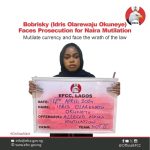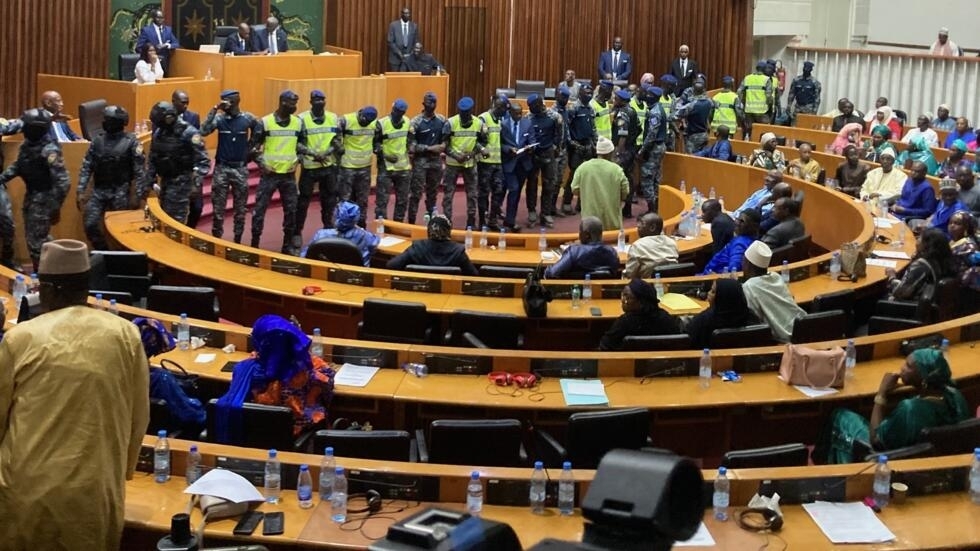Introduction
Senegal Presidential Elections postponed: In an unexpected turn of events, Senegal’s National Assembly voted to postpone the upcoming presidential election until December 15, creating a significant delay of nearly 10 months from the originally scheduled date of February 25. This decision, announced by President Macky Sall, marks a first for Senegal, a nation known for generally peaceful transitions of power since gaining independence in 1960. However, recent concerns over civil liberties, opposition dissatisfaction, and worries from rights watchdogs and other governments have cast a shadow over the political landscape.
The Context: How Did it Reach This Point?
In the lead-up to the anticipated election, major opposition figures found themselves either controversially jailed or excluded from the list of eligible candidates. This sparked questions among lawmakers and activists about the fairness of the selection process and potential corruption within the judiciary. President Sall, in a televised address from the presidential palace, declared the postponement, citing the need to resolve these issues for a free, transparent, and inclusive election.
How African Countries are Improving their Road Infrastructure
Political Motivations Behind the Delay
Observers speculate that the delay might be more politically motivated than a genuine commitment to propriety. President Sall, who initially announced he would not seek reelection, endorsed Prime Minister Amadou Ba as his preferred successor. However, Ba’s odds of victory have recently narrowed, especially among the youth, leading to growing frustrations with the government and the state of democracy in Senegal under the Alliance for the Republic party.
Key Players Involved
Understanding the dynamics requires an exploration of the key players:
- Macky Sall (62): The current president and founder of the Alliance for the Republic party.
- Amadou Ba (62): Senegal’s Prime Minister and Sall’s preferred successor, endorsed for the presidency.
- Ousmane Sonko (49): Former tax inspector-turned-whistleblower, founder of the PASTEF party, and a prominent opposition figure.
- Bassirou Diomaye Faye (43): PASTEF’s former secretary-general and Sonko’s designated stand-in for the presidential election.
- Karim Wade (55): Former advisor and minister, considered a strong contender until disqualified due to dual citizenship.
International Reactions and Concerns
Civil society groups had warned of deteriorating freedoms leading up to the election. International reactions varied:
- African Union: Urged Senegalese authorities to organize elections transparently and peacefully.
- ECOWAS: Encouraged dialogue for a transparent and credible election, defending Senegal’s democratic tradition.
- European Union: Called for a transparent, inclusive, and credible election.
- United States and France: Expressed concern over disruptions to Senegal’s democratic tradition.
Global Economic as Senegal Presidential Elections postponed
The International Monetary Fund (IMF) expressed concern about the unfolding situation, noting that political uncertainty could be detrimental to economic activity. The IMF stressed the importance of navigating this period of political tension successfully.
Conclusion
As Senegal grapples with this unprecedented delay and the associated political complexities, the world watches closely. The postponement not only raises questions about the democratic process but also highlights the delicate balance between politics and public sentiment in the quest for a new leader.
Mbiydzela
- Mbiydze is a web and graphic designer, digital marketer, and founder of a group of companies including CHEETAH CAMEROON, MBIYDZELA DIGITAL and PULSEBEAT ENTERTAINMENT He is an ambitious entrepreneur with experience in various fields.
Latest entries
 NewsApril 20, 2024Incident Near Trump Trial: Man Sets Himself on Fire
NewsApril 20, 2024Incident Near Trump Trial: Man Sets Himself on Fire SocietyApril 17, 2024Daniel Nsang video leaked online
SocietyApril 17, 2024Daniel Nsang video leaked online NewsApril 10, 2024NOLLYWOOD ACTOR JUNIOR POPE D!ES IN BOATING ACCIDENT
NewsApril 10, 2024NOLLYWOOD ACTOR JUNIOR POPE D!ES IN BOATING ACCIDENT SocietyApril 4, 2024EFCC Investigates Bobrisky for Alleged Naira Abuse
SocietyApril 4, 2024EFCC Investigates Bobrisky for Alleged Naira Abuse



